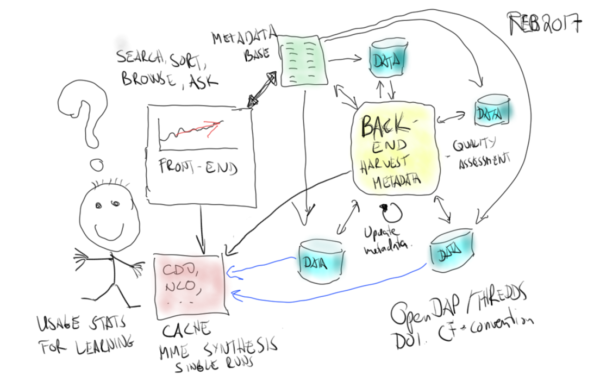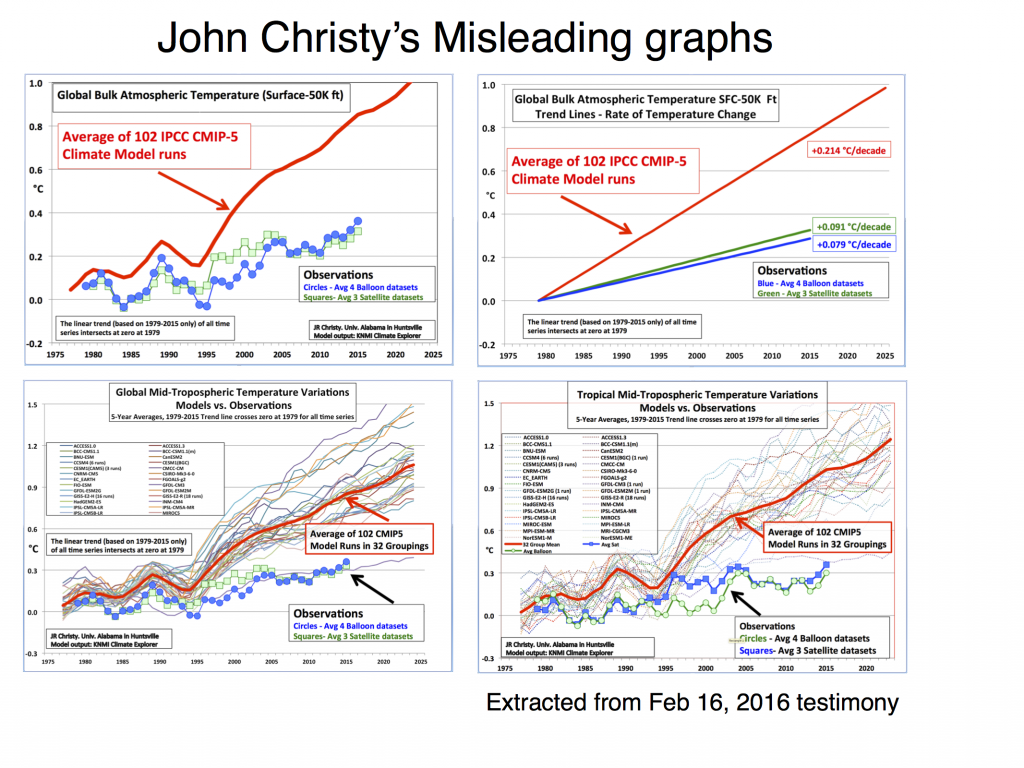A recent story in the Guardian claims that new calculations reduce the uncertainty associated with a global warming:
A revised calculation of how greenhouse gases drive up the planet’s temperature reduces the range of possible end-of-century outcomes by more than half, …
It was based on a study recently published in Nature (Cox et al. 2018), however, I think its conclusions are premature.
[Read more…] about The claim of reduced uncertainty for equilibrium climate sensitivity is premature
References
- P.M. Cox, C. Huntingford, and M.S. Williamson, "Emergent constraint on equilibrium climate sensitivity from global temperature variability", Nature, vol. 553, pp. 319-322, 2018. http://dx.doi.org/10.1038/nature25450


